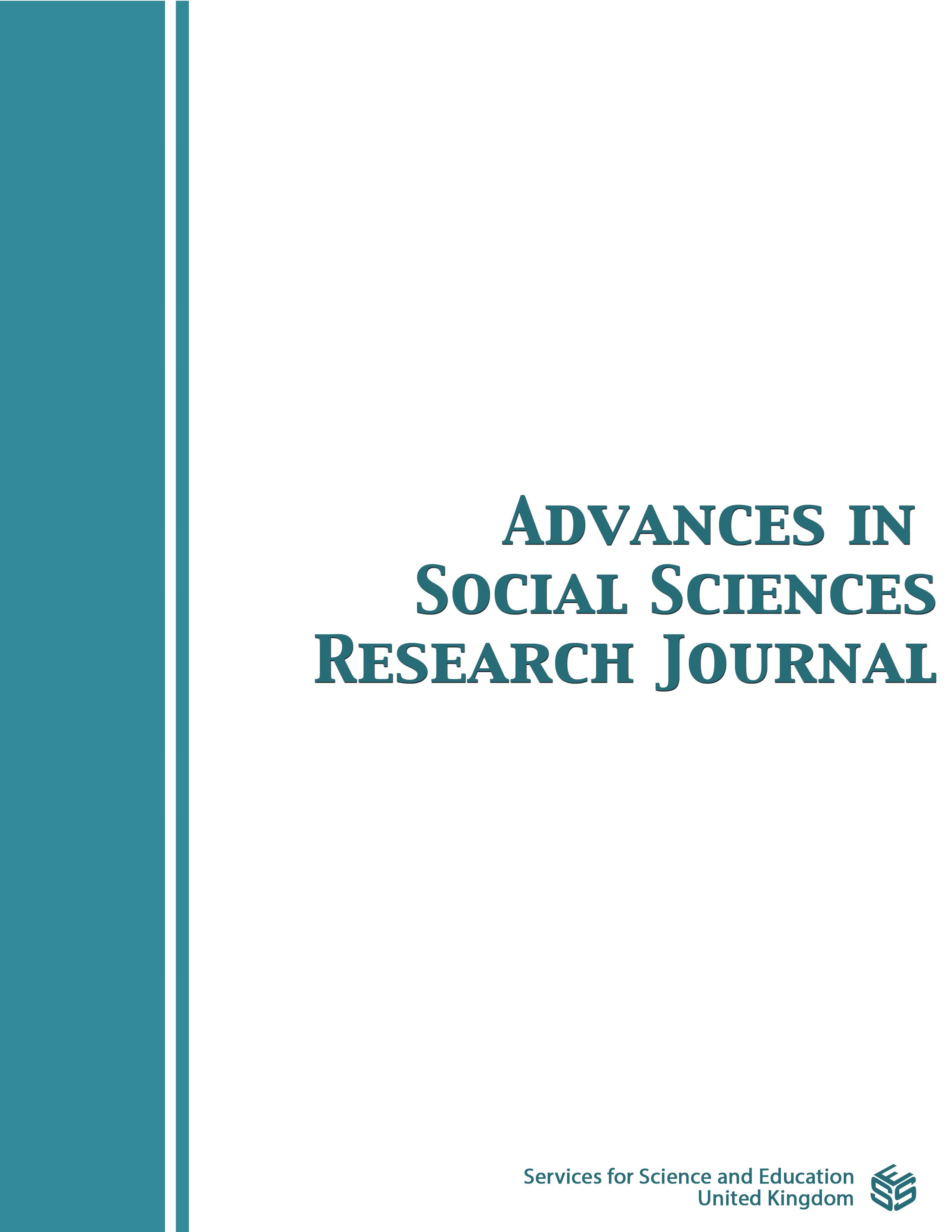Transnationalism and Its Impact on the Creation of Collective Agency: The Case of Korean Military Brides in a Korean Immigrant Church in the U.S
DOI:
https://doi.org/10.14738/assrj.1111.17932Keywords:
Transnationalism, Collective agency, Symbolic boundary, Identity managementAbstract
Literature on contemporary immigrants suggests that increasing transnational practices foster agency construction across borders, thereby disjoining geographical space and social space in which identities are constructed and negotiated. While studies pay increasing attention to the linkage between the transnational organizing of economic, political, and cultural activities among immigrant groups with a high level of transnationalism, relatively less attention has been given to the identity construction of immigrant groups without a high level of transnationalism. This study examines the agency dynamics among non-mobile immigrants who develop their agency by creating and negotiating boundaries through identity management practices in the wave of transnationalism that occurs in an immigrant church. Based on focus group interviews with fifteen Korean military brides and participant observation in a Mid-Western Korean immigrant church, the study revealed that through a new social space, Korean military brides not only created a more exclusive, closed, and homogeneous community within a Korean community, but their community becomes broader with comprehensive "imagined communities." This study also suggested that as non-mobile transnational immigrants, this effort is part of their gradual adaptation as well as resistance to assimilation to the wave of transnationalism that makes Korean immigrant communities in the U.S. noticeably transform various structural transformations.
Downloads
Published
How to Cite
Issue
Section
License
Copyright (c) 2024 Daehoon Han

This work is licensed under a Creative Commons Attribution 4.0 International License.
Authors wishing to include figures, tables, or text passages that have already been published elsewhere are required to obtain permission from the copyright owner(s) for both the print and online format and to include evidence that such permission has been granted when submitting their papers. Any material received without such evidence will be assumed to originate from the authors.






